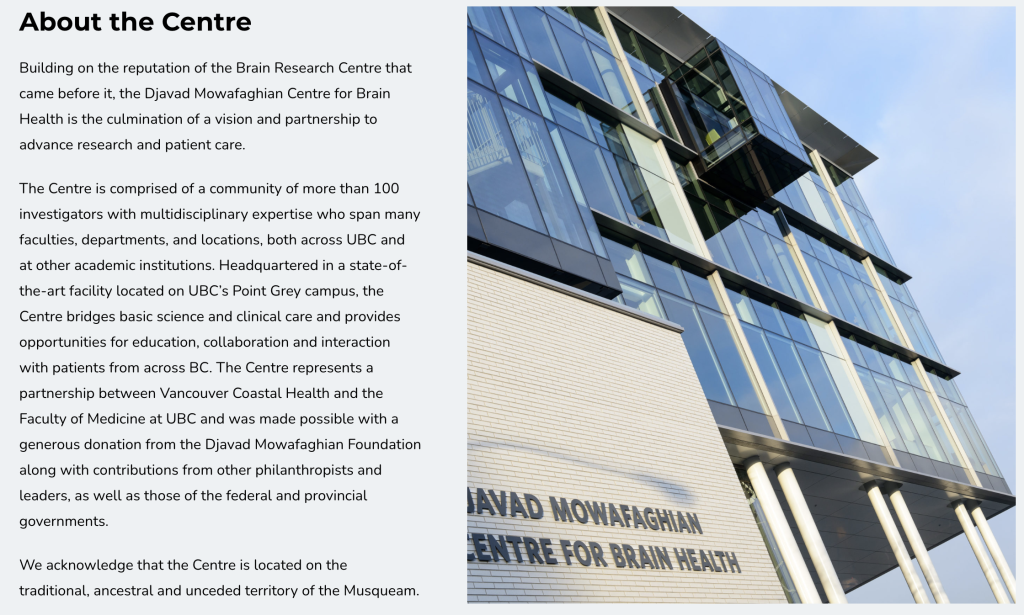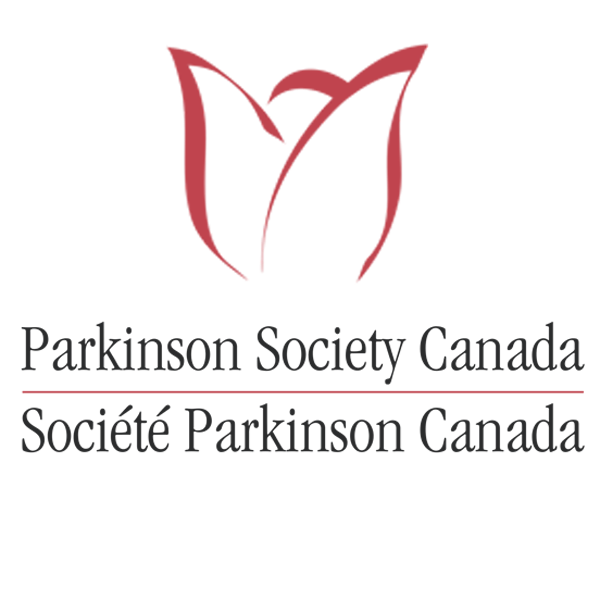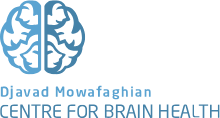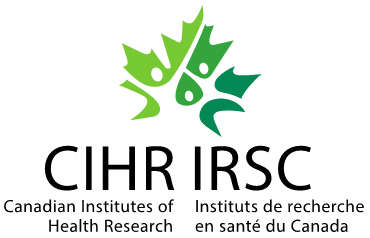- The McKeown Lab, is led by Dr. Martin J. McKeown at the University of British Columbia
- Dedicated to advancing our understanding of Parkinson’s disease through interdisciplinary research that combines engineering, neuroscience, and clinical expertise.
- Explores innovative non-invasive therapies, such as Galvanic Vestibular Stimulation and Low-Intensity Focused Ultrasound, to improve motor and non-motor symptoms in Parkinson’s patients.
- Use advanced machine learning and computer vision to develop novel video-based and wearable ways to remotely monitor disease progression.
- Utilizing cutting-edge technologies, including EEG, fMRI, and machine learning, the team aims to develop precise, personalized treatment approaches and monitoring.
Research streams
The McKeown Lab’s efforts tackle Parkinson’s disease from both the treatment and monitoring fronts.
Monitoring
Our research centres on Parkinson’s patients and their quality of life. These studies focus on accurately monitoring disease onset and progression.
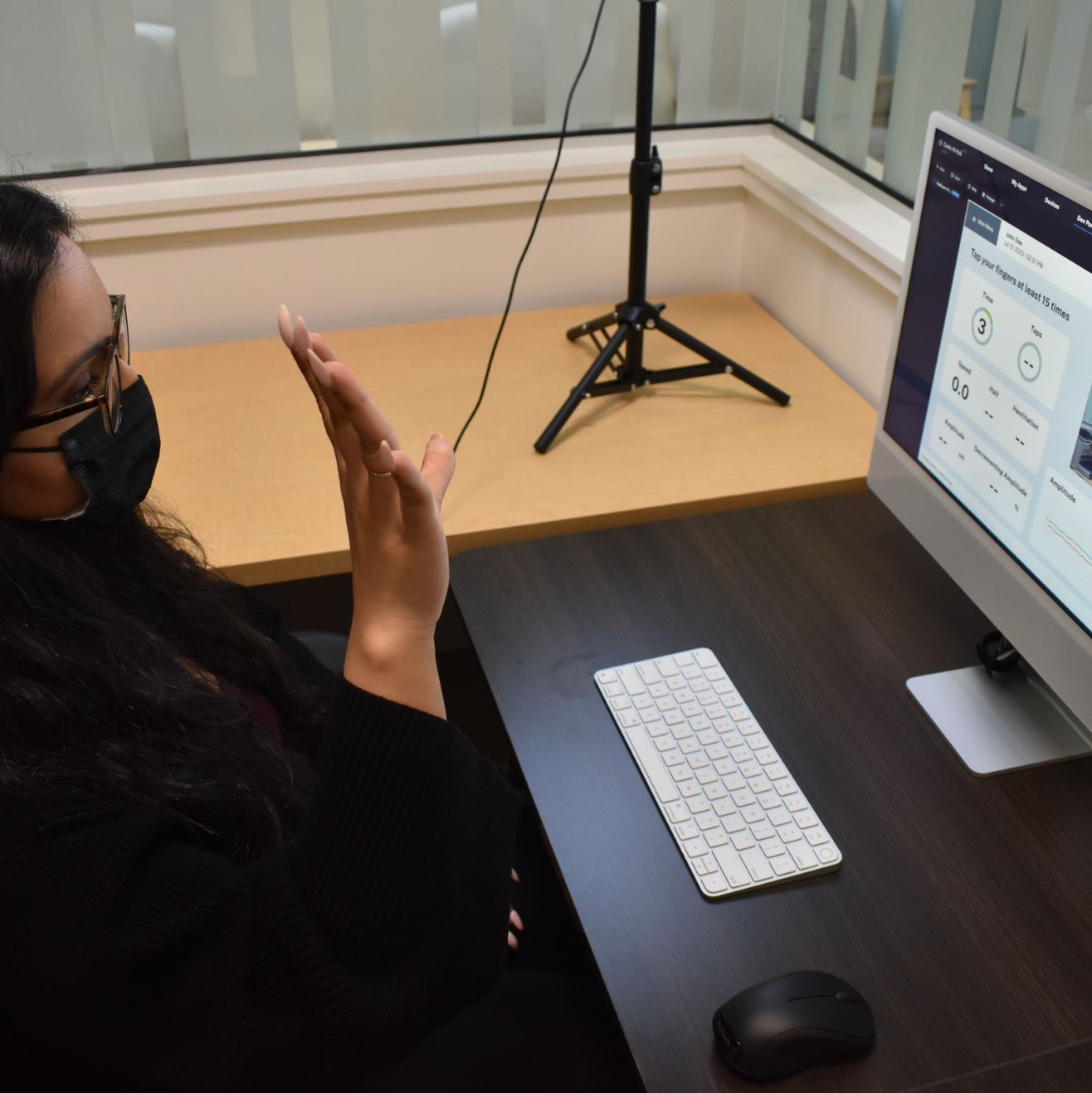
Confidential Automatic Monitoring, Examination, and Recognition of disease Activity (CAMERA) study
Patients with neurodegenerative disorders such as Parkinson’s disease (PD) often make long journeys to visit their physicians and trial multiple therapies and medications to manage their symptoms. Physicians use clinical assessments to inform drug regimens for their patients, however these assessments are performed infrequently, and symptoms may change vastly in between visits. This research aims to create a video-based data collection platform specifically designed to assess PD symptoms by capturing detailed facial expressions, hand movements, finger tapping, and eye movements. Using advanced machine learning algorithms, the collected data is analyzed to generate comprehensive, data-driven reports for clinicians and researchers. This will enhance the understanding of PD symptoms and offer an efficient, scalable method for assessing disease severity through non-invasive video-based assessments.
Status: Closed for recruitment.
Contact: ![]()
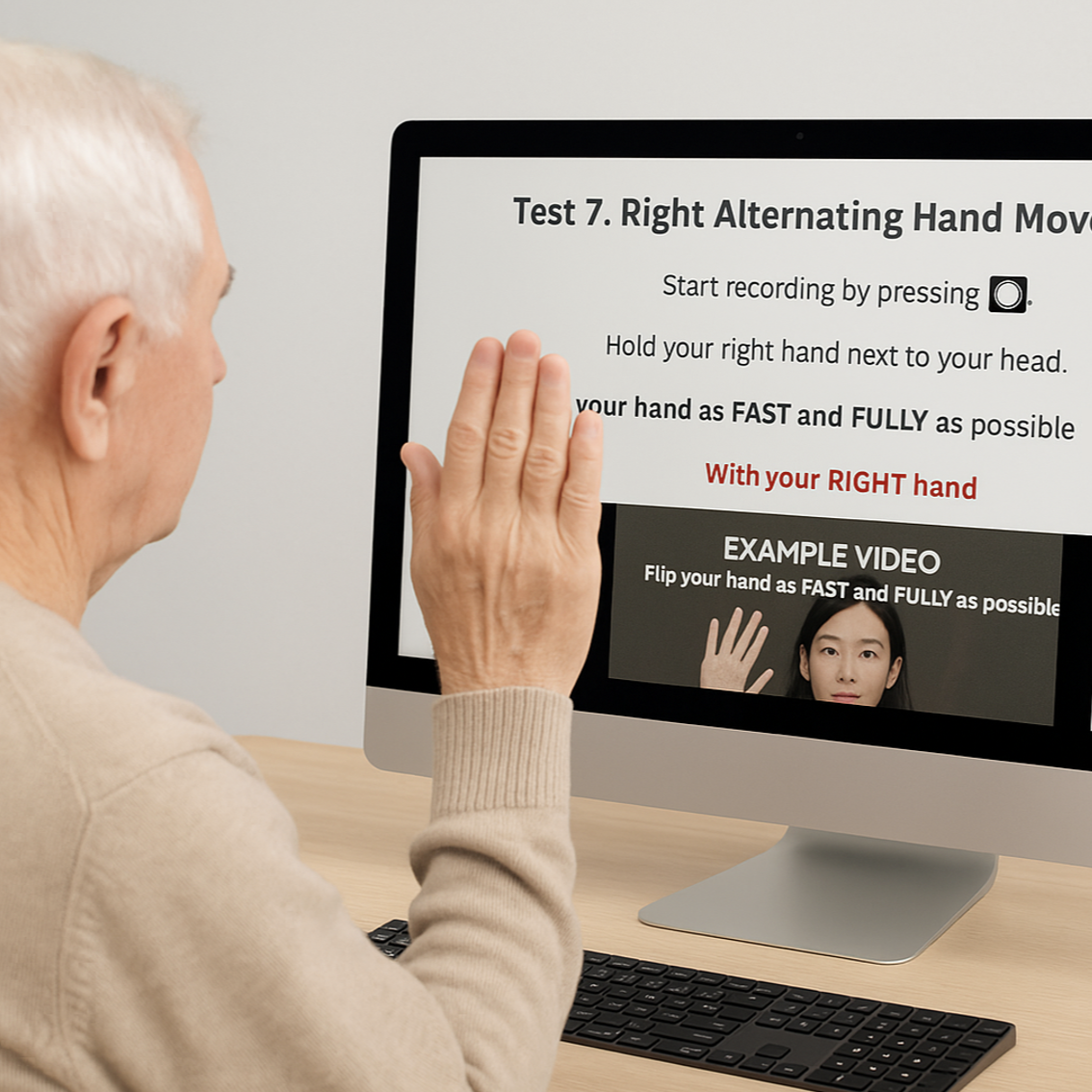
Video-Based Remote Assessment of Parkinson’s Disease
In patients with Parkinson’s Disease (PD), a neurodegenerative disorder, motor symptoms such as tremor and bradykinesia (slow movements) can often fluctuate over time. However, tracking these fluctuations and assessing disease severity to make treatment decisions is a challenge as patients are limited in their ability to visit their physician. Through the Canadian Open Parkinson Network (C-OPN), our goal is to create a large video dataset featuring some of the characteristic symptoms of PD (ie. tremor and bradykinesia) for the development of a deep learning algorithm that can frequently and remotely classify the severity of symptoms in patients. This remote research study will help to facilitate PD assessments from the comfort of home and better inform treatment decisions for clinicians.
Status: Actively recruiting
Contact: ![]()
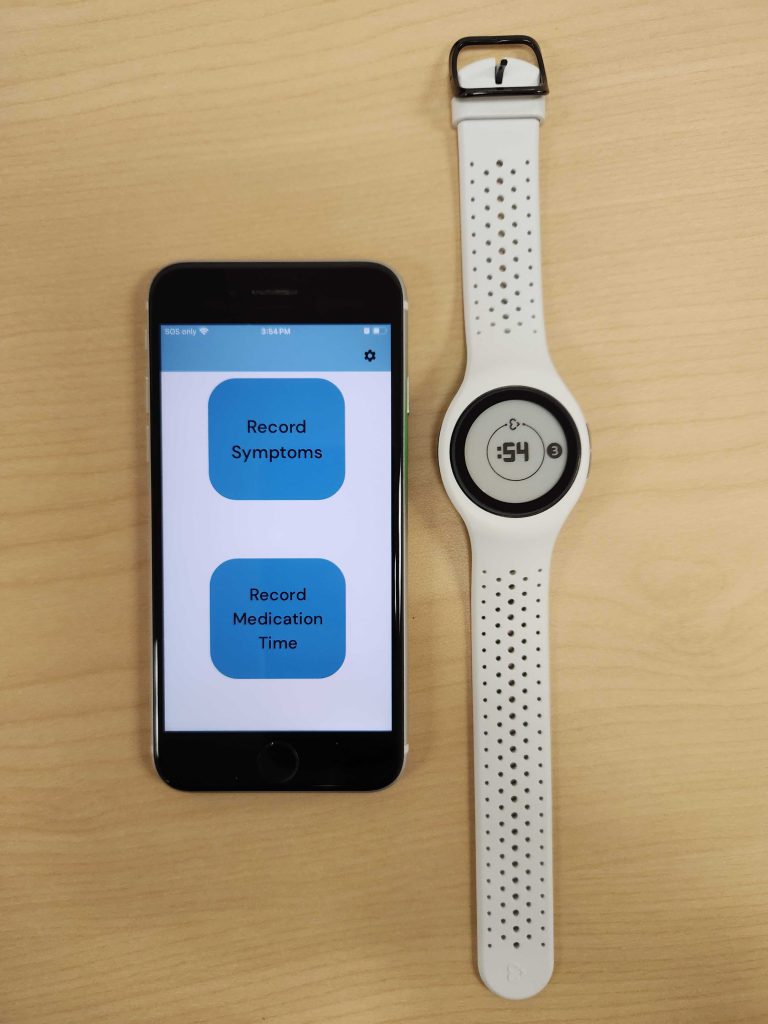
Individualized prediction of medication wearing off using wearables
Parkinson’s disease is most commonly treated with levodopa, and while this treatment method has shown to significantly help reduce symptoms, many patients also experience “wearing-off” (WO) episodes, where symptoms re-emerge prior to their next dose. This study aims to investigate whether these episodes can be predicted – and ultimately prevented – using machine learning to assess biomarkers from the autonomic nervous system such as electrodermal activity (EDA), a measure of sweating from the skin. To monitor EDA and WO episodes, participants will be asked to wear a wrist sensor for 72 hours and complete questionnaires on an hourly basis via their mobile device.
Status: Closed for recruitment.
Contact: ![]()
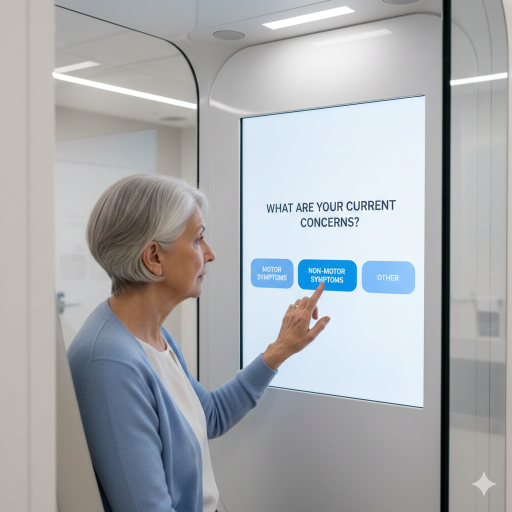
AI-Guided Clinical pre-assessment for Parkinson’s Disease
To track disease progression and make treatment decisions in people with Parkinson’s Disease, clinicians frequently use validated clinical scales to evaluate their patients. However, these scales can be lengthy and take up valuable time that patients have with their physicians. As such, we aim to develop an interactive pre-visit chatbot capable of assessing common PD symptoms before patients see their neurologist. After interacting with the chatbot, a summarized report will be generated and sent to the patient’s physician. This will allow clinicians to understand their patient’s current concerns prior to their consultation, making clinic visits more efficient and focused.
Status: Actively recruiting participants.
Contact: ![]()
Treatment
We work everyday to come up and validate novel, non-invasive, and non-pharmacological treatments for Parkinson’s symptoms.
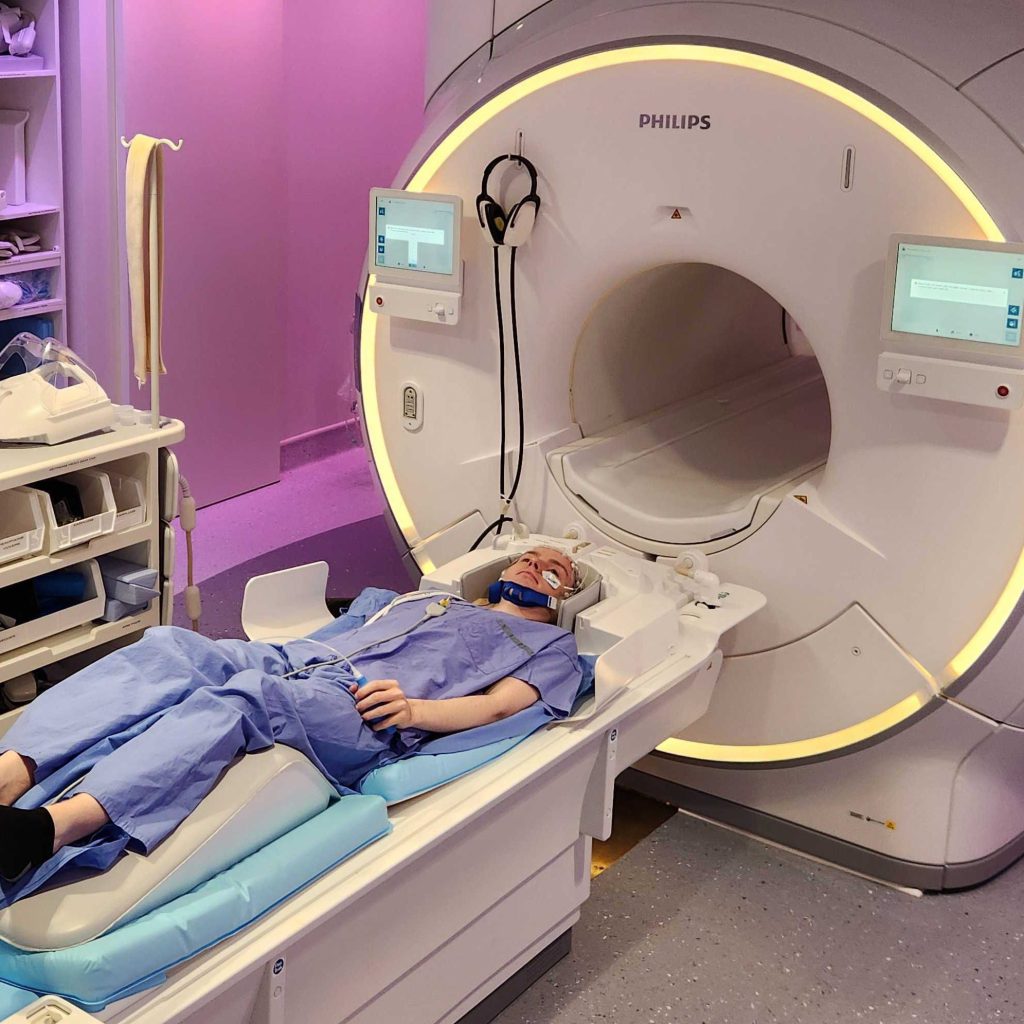
Galvanic Vestibular Stimulation for Parkinson’s disease Symptom Control
Galvanic Vestibular Stimulation (GVS) is a non-invasive technique that stimulates the vestibular system and has shown improvements in motor and non-motor symptoms of Parkinson’s disease. This study aims to investigate how GVS improves motor performance in Parkinson’s patients compared to healthy controls by using a combination of GVS, EEG, and fMRI. Participants will complete questionnaires, undergo stimulation tests, and perform motor tasks both inside and outside an MRI scanner while receiving GVS and simultaneously recording EEG. The tasks will be completed both on and off medication across two study visits.
Status: Actively recruiting.
Contact: ![]()
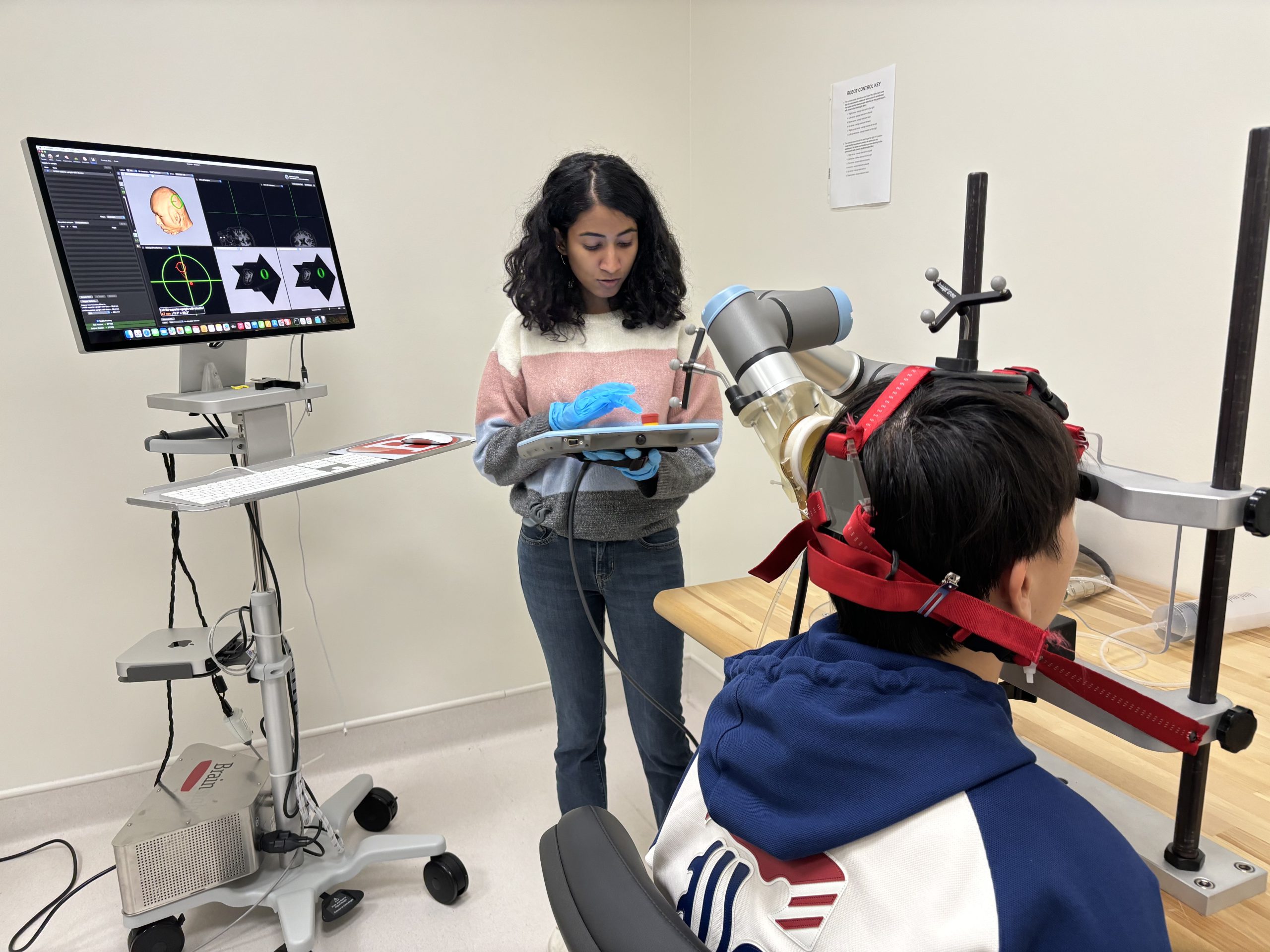
Low intensity focused ultrasound for Parkinson’s disease symptoms
Our lab is investigating the effects of low-intensity focused ultrasound (LIFUS) on motor symptoms in individuals with Parkinson’s disease. This non-invasive technique uses sound waves to precisely target brain regions involved in motor control. We aim to compare the effects of stimulating two different brain areas known to affect movement, Putamen and internal globus pallidus, in order to better understand how LIFUS influences motor performance. While similar techniques, like transcranial magnetic stimulation, have shown promise, LIFUS offers more precise targeting, potentially improving outcomes. Findings from this study could help develop more effective, non-invasive treatments for Parkinson’s disease in the future.
Status: Recruitment starting soon.
Contact: ![]()
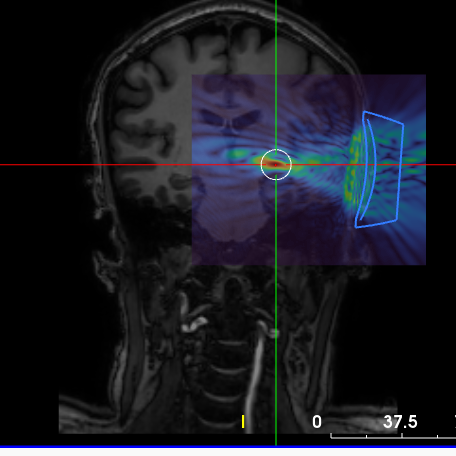
Low intensity focused ultrasound for Parkinson’s disease tremor
In this study, we aim to compare the effects of targeting two different brain regions, the traditionally treated VIM and the zona incerta (ZI), using LIFUS for tremor control in Parkinson’s disease. Past research has shown that the ZI may be an important area for treating tremor and other Parkinson’s symptoms like stiffness and uncontrolled movements. Our goal is to understand how these brain regions contribute to Parkinson’s tremor and how the network responds to LIFUS. The knowledge gained will contribute to developing more effective treatments for Parkinson’s disease in the future.
Status: Closed for recruitment.
Contact: ![]()
People


Dr. Martin J. McKeown, BEng, MD, FRCP(C) – Principal Investigator
Dr. Martin McKeown, the John L. Nichol Chair in Parkinson’s Research, is a tenured Professor and Head of the Division of Neurology at the University of British Columbia. His extensive training spans Engineering Physics, Medicine, Neurology, and Computational Neuroscience, completed at McMaster University, University of Toronto, University of Western Ontario, and the Salk Institute. Dr. McKeown’s research combines his medical and engineering expertise to better understand Parkinson’s disease, create innovative non-invasive treatments, and enhance methods for monitoring disease progression. In 2023, he was recognized among Stanford’s “World’s Top 2% scientists”.

Maryam S. Mirian, PhD – Research Associate
Dr. Maryam S. Mirian is a Research Associate at the Pacific Parkinson Research Centre (PPRC) and the Djavad Mowafaghian Centre for Brain Health at the University of British Columbia. She specializes in applying advanced machine learning and artificial intelligence (AI) techniques to biomedical signal processing, focusing on extracting clinically meaningful biomarkers from data such as EEG, fMRI, electrodermal activity, and IMU data. Before joining PPRC, Dr. Mirian was an Assistant Professor in the Department of Electrical and Computer Engineering at the University of Tehran, where she led research on statistical pattern recognition, deep learning, and their applications in healthcare. She holds a Ph.D. in AI and Robotics and has a strong track record of publishing in machine learning, signal processing, and neuroscience. Her work aims to enhance patient care by developing novel algorithms for nonlinear dynamical systems modeling and personalized medicine approaches in movement disorders.
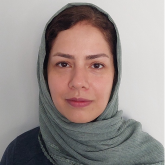
Sepideh Hajipour, PhD – Research Associate
Sepideh received her Ph.D. in Electrical Engineering from Sharif University of Technology, in co-tutelle with University of Rennes 1, in 2014. She received her B.Sc. and M.Sc. in Electrical Engineering from Sharif University of Technology, in 2006 and 2008, respectively. Her research interests focus on biomedical signal processing, with expertise on EEG signal processing.
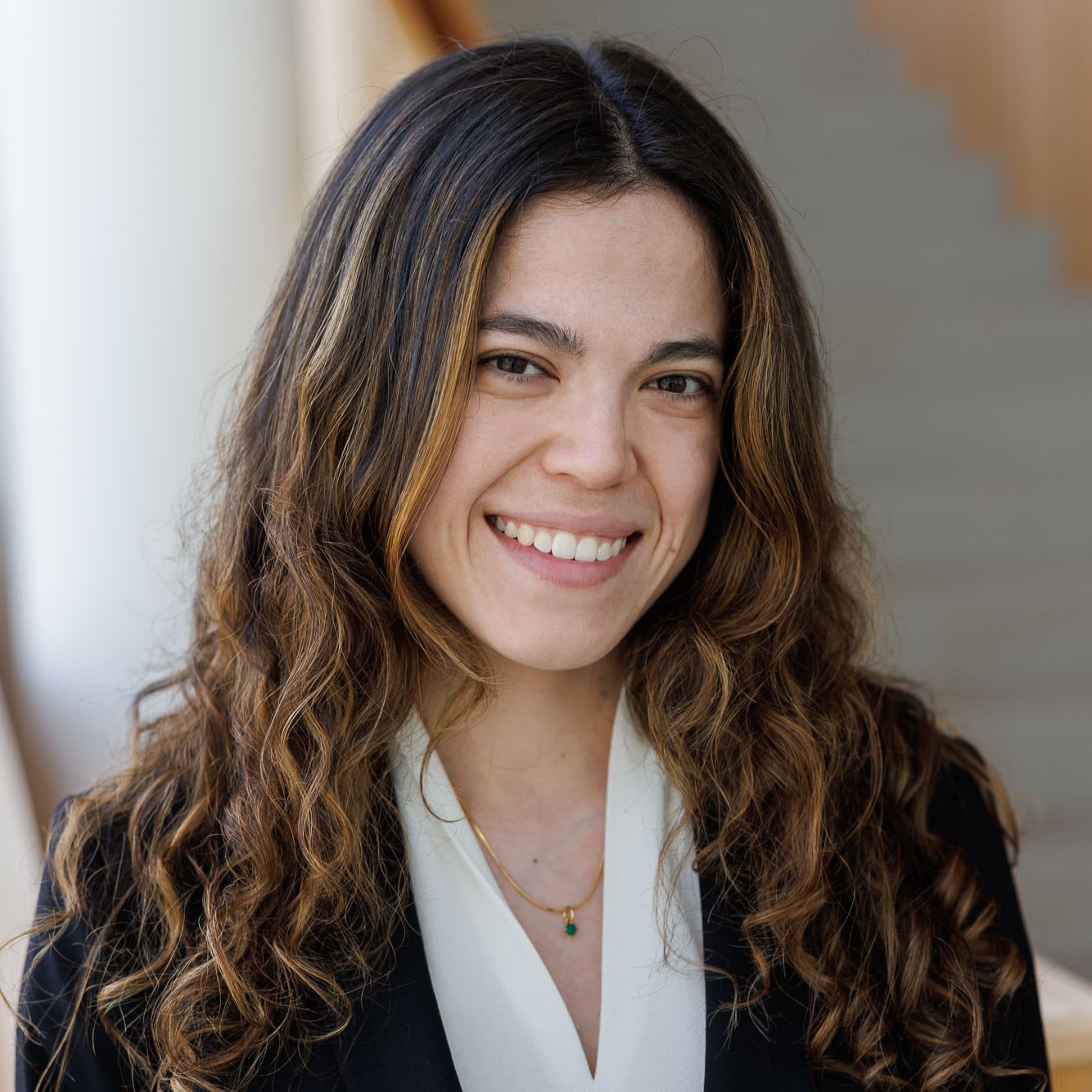
Juana works as the manager of the McKeown Lab situated at the Pacific Parkinson’s Research Centre within UBC’s Centre for Brain Health. In this role, she sets up and coordinates research studies dedicated to harnessing technology for the discovery of innovative non-invasive therapies for Parkinson’s disease. She received her B.Eng. in biomedical engineering and B.Sc. in biology from Universidad de los Andes, and her M.Sc. in Neuroscience from UBC. In her free time, she enjoys films, books, yoga, and the occasional run.
Juana Ayala Castaneda, MSc – Lab Manager

Him Wai (Michael) Ng – Senior Machine Learning
Engineer
Him Wai (Michael) Ng holds a Master of Applied Science in Artificial Intelligence and a Bachelor of Applied Science in Engineering Physics from Simon Fraser University. His research and work focus on developing AI-driven software and technologies. He has contributed to multiple patents and publications in areas such as computer vision, deep learning, and embedded AI systems. His work has led to several U.S. patents on privacy- preserving fall detection, face recognition, and AI-driven vision systems. His expertise spans machine learning, deep learning model optimization, embedded AI systems, system architecture, and cloud-based AI deployment.

Varsha Sreenivasan, PhD – Postdoctoral Research Fellow
Varsha is a Postdoctoral Research Fellow at the McKeown Lab. She has PhD in Mathematical Sciences and specialises in computational neuroimaging. Her research primarily involves uncovering the effects of galvanic vestibular stimulation (GVS) on vigour in Parkinson’s Disease (PD) and identifying the underlying neural correlates using functional magnetic resonance imaging (fMRI). She also works towards understanding the effects of low-intensity focussed ultrasound on tremor and other motor symptoms in patients with PD. In her spare time, Varsha dabbles in home decor and baking, and also likes to experiment with making jams.

Taomian Mi MD, PhD – Postdoctoral Research Fellow
Taomian is a Postdoctoral Research Fellow at the McKeown Lab. She is a certified Neurologist specialized in Parkinson’s disease and movement disorders. Her research primarily involves investigating the clinical effects of low-intensity focused ultrasound on tremor and other motor symptoms in patients with Parkinson’s disease and exploring the underlying mechanism utilizing functional magnetic resonance imaging. Her work also contributes to the development of a platform with a research initiative focused on using AI technology to detect and assess motor disabilities in Parkinson’s disease.
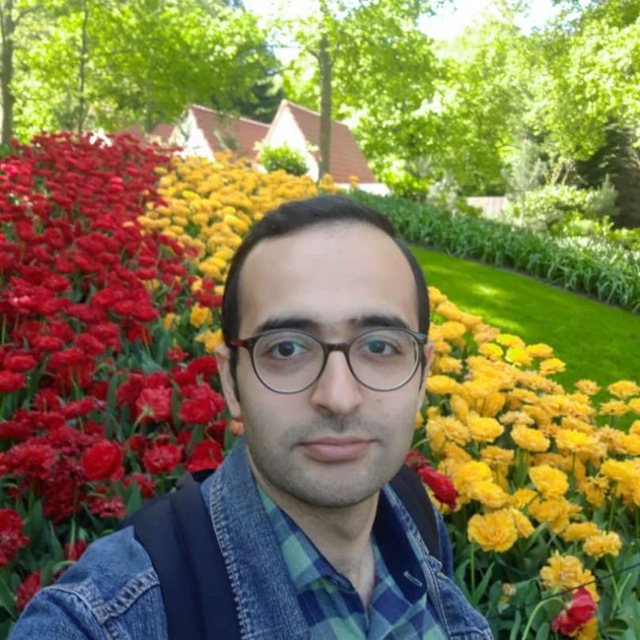
Emad Arasteh, PhD – Research Fellow
Emad is a Postdoctoral Research Fellow at McKeown Lab. He was born in Rasht (known as the “City of Rains”) in Guilan Province, Iran. He studied at Tehran University for his Master of Science in Bioelectromagnetics. In
2022, Emad relocated to the Netherlands to begin his dual PhD between UMC Utrecht and KU Leuven. He started working on the European Horizon 2020 project, developing signal processing techniques for NIRS (Near-Infrared Spectroscopy) and aEEG (amplitude-integrated EEG) data to monitor brain health in preterm infants. He defended his PhD thesis in 2024. His main work in the McKeown Lab includes multimodal signal
processing to find correspondence between neural and behavioral Parkinson’s patients’ data. Besides research, he is interested in playing European football, reading Persian poetry, watching American and Japanese movies, and listening to music from different cultures.

Lili Chen MD, PhD – Postdoctoral fellow
Lili is a Postdoctoral Research Fellow in the McKeown Lab. She received her PhD in Neurology, where she focused on fMRI neuroimaging of brain networks in Parkinson’s disease (PD). Her current research primarily investigates personalized neuromodulation and frequency-responsive brain networks using galvanic vestibular stimulation (GVS) during functional magnetic resonance imaging (fMRI) in PD. Outside of the lab, she enjoys listening to music, walking around the city, and swimming.

Michael Grundy – Research Assistant
Michael has a bachelor of Microbiology & Immunology. As a research assistant in the McKeown lab, he works on data collection for the Parkinson’s Disease Biomarker study. Outside of the lab, Michael likes to spend time with his friends and test out different types of board games.

Atefeh Irani – Research Assistant
Atefeh is a PhD candidate in Artificial Intelligence and a Technical Research Assistant at the McKeown Lab. Her research focuses on assessing Parkinson’s disease (PD) severity using video processing techniques. She also has experience in cognitive and autism detection and is developing tools to enhance these assessments. In addition to her academic and technical roles as a machine learning engineer, Atefeh is also a game developer and web developer. Outside of work, she enjoys the art of origami and exploring different culinary techniques in the kitchen.
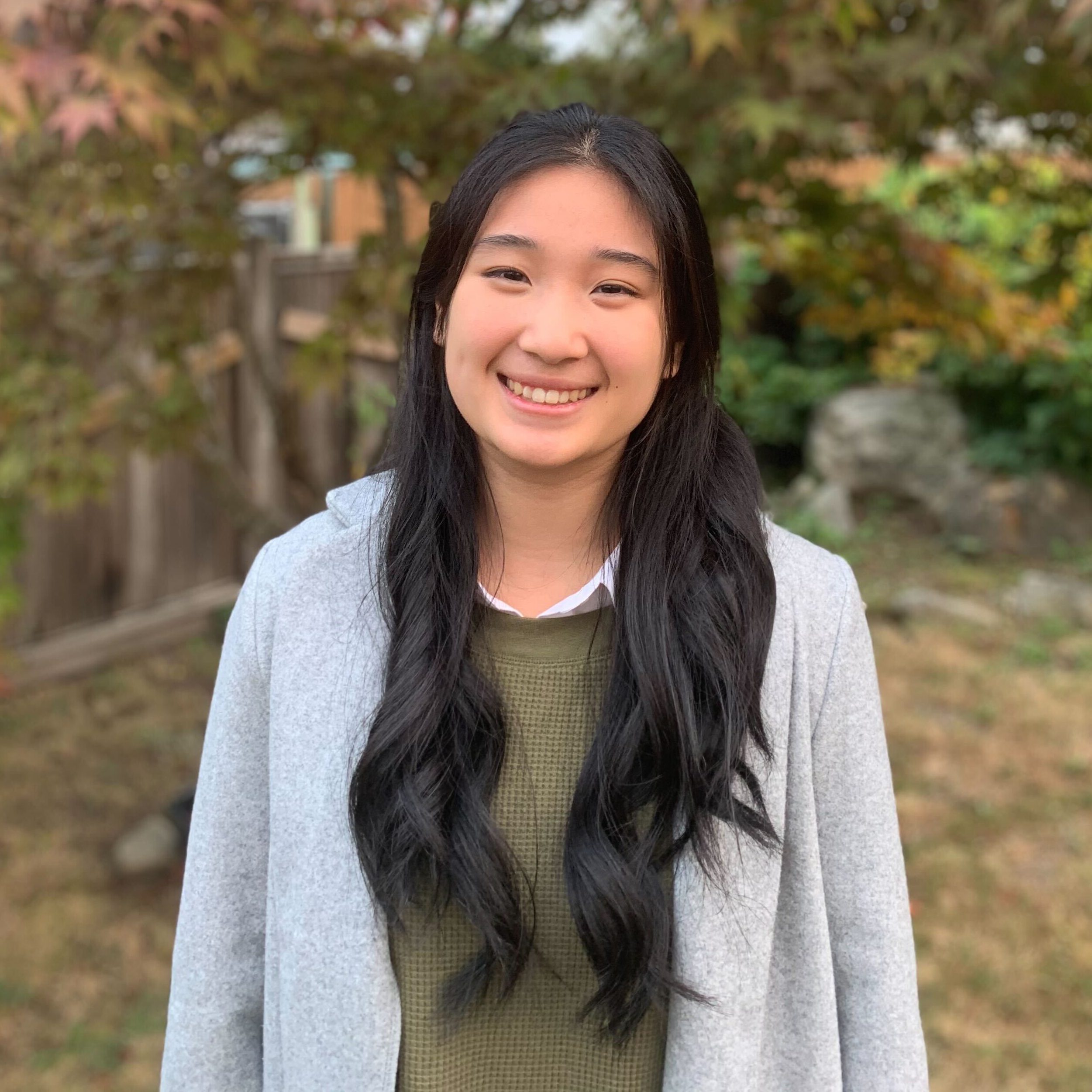
Maggie Vuong – Biomedical Technologist
Maggie is a Research Assistant and Biomedical Technologist in the lab. Her focus is on the Low-Intensity Focused Ultrasound projects to investigate how this technology can be used to help treat symptoms of Parkinson’s disease. She graduated from the University of Toronto with a Bachelor of Applied Science in Mechanical Engineering. Outside of the lab, she enjoys reading, hiking, and trying new restaurants.
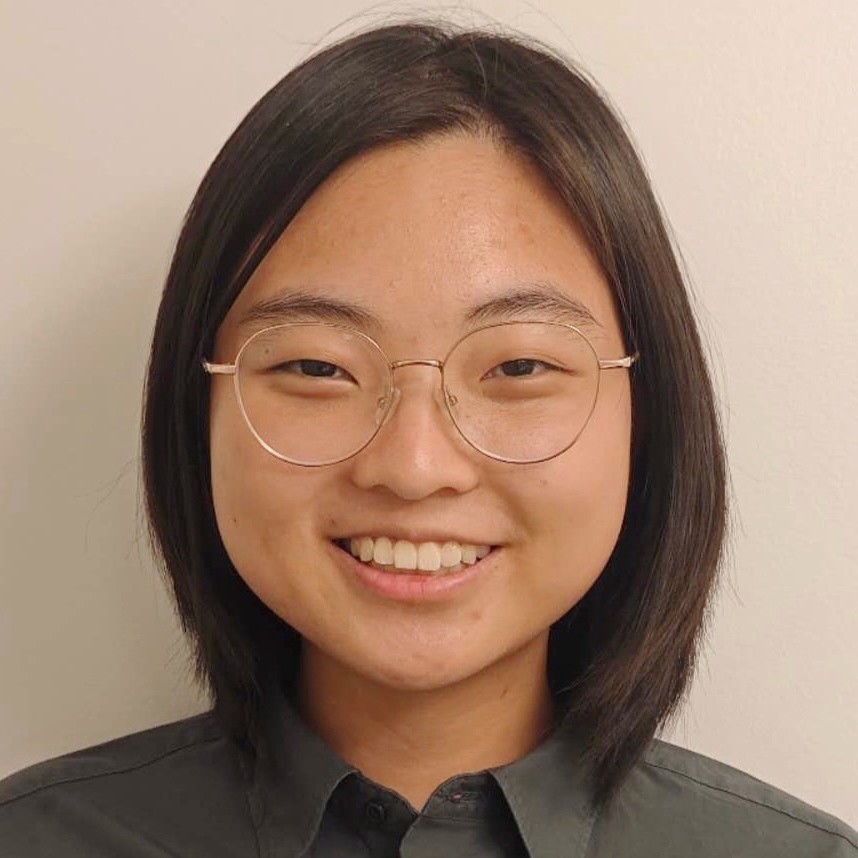
Julia (Junyi) Huang – PhD student
Julia is a PhD student in the Graduate Program in Neuroscience at the University of British Columbia. Her research in the McKeown Lab aims to develop an EEG-based closed-loop optimization model for low intensity focused ultrasound (LIFUS) as a neurostimulation therapy for Parkinson’s Disease. Her previous research as a MSc student at Imperial College London involved marker less monitoring of hand movements in people living with Parkinson’s Disease. Besides her research, she is a Tolkien enthusiast and musical theatre lover, enjoys travelling and is getting into hiking, and follows several sports (e.g. cycling, F1, figure skating).

Minghao Ma – Masters Student
Minghao is a MSc student in the Graduate Neuroscience Program at the University of British Columbia. He completed his undergraduate training in Kinesiology at UBC, where he studied how motor practices and cognitive processes facilitate motor learning. His past research experience sparked his interest in the neural mechanisms of motor control and how they can be harnessed to treat physical impairments. In the McKeown lab, Minghao focuses on utilizing precision-designed vestibular stimuli to improve balance in people with Parkinson’s disease. He hopes to leverage non-invasive neuromodulation techniques to enhance patients’ mobility and quality of life. Outside the lab, he enjoys going to the gym, taking road trips, and street photography.
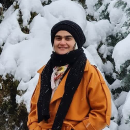
Zahra Kavian – Masters Student
Zahra is a MSc student in the Graduate Neuroscience Program at the University of British Columbia. She completed her Bachelor’s degree in Electrical Engineering at the Sharif University of Technology. Her research mainly focuses on conserved brain motor networks for motor movement and disability, particularly Parkinson’s disease, using fMRI. She also has experience in EEG signal processing, computational neuroscience, and decision-making models. Outside the lab, she is interested in reading Persian literary writings, hiking, and cooking.
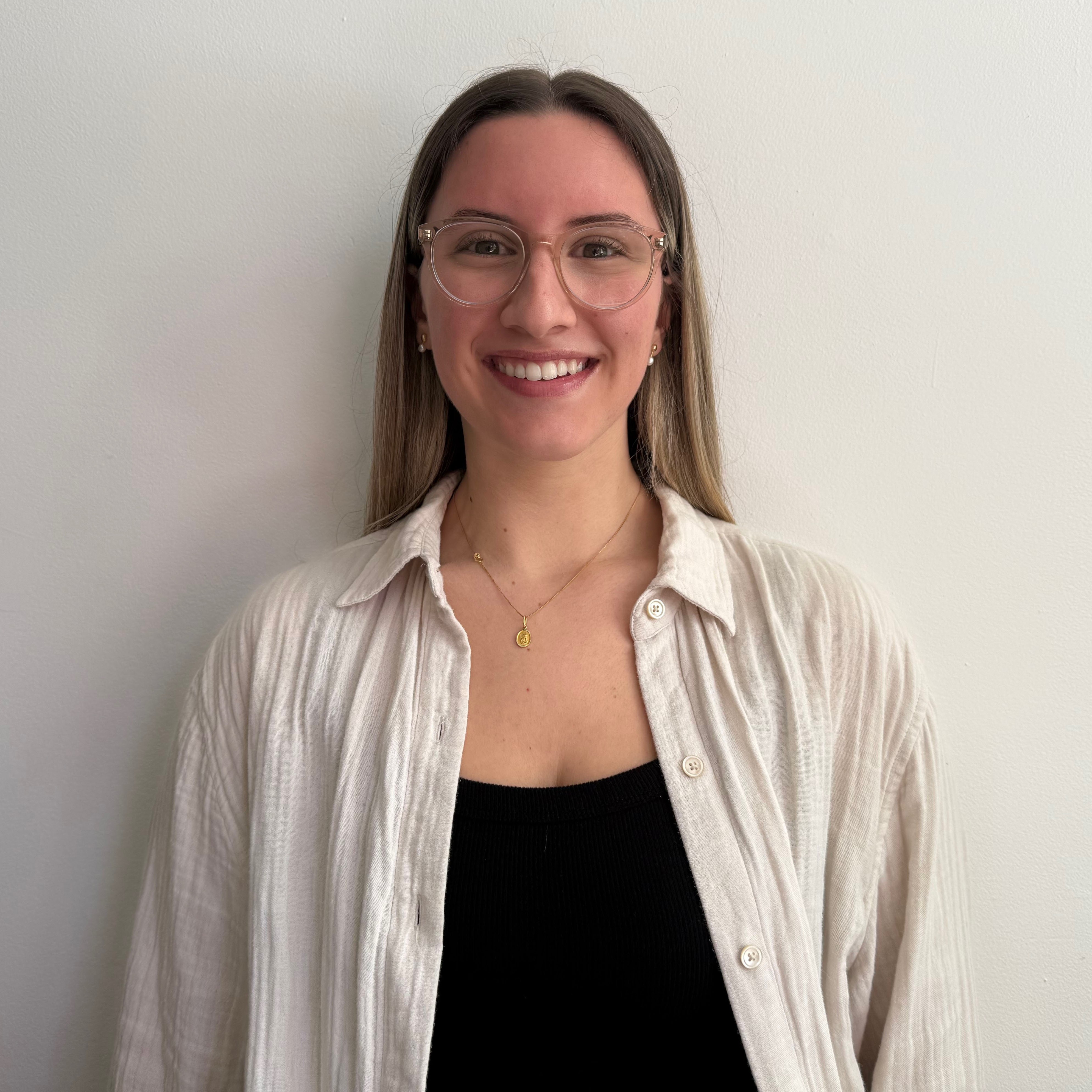
Elisa Sierra – Work Learn Student
Elisa is a WorkLearn Research Assistant at the McKeown Lab and an undergraduate student at UBC, majoring in Psychology with a minor in Family Studies. She is excited to contribute to such a multidisciplinary lab focused on researching and exploring ways to support individuals living with Parkinson’s Disease. Outside of work and school, she enjoys living an active lifestyle, spending time with friends and family, and re-watching her favourite comfort shows.

Mops McKeown – Lab Mascot
Mops is the lab’s beloved mascot and all-time employee of the month. He joins lab meetings, gives moral support to grad students, and supervises staff work. His main responsibility is making sure he gets belly rubs from everyone in the building. In his free time, Mops is an ultra-marathon runner and certified food seeker.
Alumni
Students
Anjali Menon – Undergraduate student
Madhini Vigneswaran – Undergraduate student
Tina Zhang – Undergraduate student
Ailar Mahdizadeh – MSc
Katharina Riepen – MSc
Maria Zhu – MSc
Stephanie Tran – MSc
Marcus Cheung – MAS
Liu Yu – PhD
Robert Baumeister – PhD
Soojin Lee – PhD
SunNee Tan – PhD
Ahmad Ashoori – MEng
Shawna Galley – MSc
Aiping Liu – PhD
Diana Kim – MSc
Xun Chen – PhD
Amanmeet Garg – PhD
Vesta Ghanavati – MSc
James Stevenson – MSc
Giorgia Tropini – MSc
Junning Li – PhD
Samantha Palmer – PhD
Lei Ren – MSc
Research and clinical staff
Hanaa Diab – Research Assistant
Soojin Lee – Research Associate
Martin Keung – Research Assistant
Ben Quinn – Research Assistant
Christina Kim – Research Assistant
Dr. Suzie Adam – Movement disorders clinical fellow
Kye Won Park – Postdoctoral Fellow
Ravneet Mahal – Research Assistant
Michelle Doo – Research Lab Manager
Wyatt Verchere – Research Assistant
Jiayue Cai – Postdoctoral Fellow
Mahsa Shafiee – Postdoctoral Fellow
Azadeh HajiHosseini – Postdoctoral Fellow
Jingyun Chen – Postdoctoral Fellow
Nazanin Baradaran – Postdoctoral Fellow
Emma Kiss – Research Assistant
Christina Jones – Research Assistant
Joohyun Kang – Research Assistant
Suhana Kamakari – Research Assistant
Jose Wijnands – Research Lab Manager
Gabriella Guerra – Research Assistant
Publications
Articles
Low-intensity transcranial ultrasound effects on the ventral intermediate nucleus and zona incerta in Parkinson’s disease tremor (2026) M Vuong, V Sreenivasan, S Lee, B Quinn, M S Keung, M Grundy, J Ayala Castañeda, H Baek, M J McKeown; Brain Stimulation 103025.
Multiple, not just Beta–Gamma, Phase-Amplitude Couplings are Associated with Parkinson’s Disease and Related Intervention Effects (2025) A Kazemi, S Nouri, M S Mirian, S Lee, M J McKeown; Clinical Neurophysiology (in press).
Facial Expression Analysis to Uncover the Relationship Between Sialorrhea and Hypomimia in Parkinson’s Disease (2025) K W Park, E Serbée, A Irani, M S Mirian, J A Castaneda, M Grundy, M J McKeown; Frontiers in Neurology, Movement Disorders (in press).
Automated Shoulder Girdle Rigidity Assessment in Parkinson’s Disease via an Integrated Model- and Data-Driven Approach (2025) F Khosrobeygi, Z Abouhadi, A Mahdizadeh, A Ashoori, N Niksirat, M S Mirian, M J McKeown; Sensors 25.
Enhancing Reliability of Automated Remote Parkinson’s Assessments: Real-World Video Quality Challenges (2025) A Irani, S Majdolashrafi, M Grundy, K W Park, T Mi, H Diab, J A Castaneda, M S Mirian, M J McKeown; Movement Disorders: Clinical Practice.
RGB-Video Based Eye Movement Assessment for Parkinson’s Disease (2025) J Gao, L Bidulka, M J McKeown, Z J Wang; IEEE Transactions on Instrumentation & Measurement (in press).
DiffuseGaitNet: Improving Parkinson’s Disease Gait Severity Assessment with a Diffusion Model Framework (2025) A Rezvani, N Ravansalar, M Ali Akhaee, A J Greenshaw, R Greiner, M S Mirian, M Yousefnezhad, M J McKeown; IEEE Transactions on Neural Systems & Rehabilitation Engineering (in press).
AI‑based video monitoring of movement disorders: Improving care for patients with Parkinson’s disease(2025, June 18) M J McKeown, and M S Mirian; Scientia Global. https://www.scientia.global/ai-based-video-monitoring-of-movement-disorders-improving-care-for-patients-with-parkinsons-disease/
A heterogeneous federated learning framework for human activity recognition(2025) X Yu, A Tashakori, M J McKeown, Z J Wang; Knowledge-Based Systems (in press).
Individualising galvanic vestibular stimulation further improves visuomotor performance in Parkinson’s disease(2025) A Menon, M Vigneswaran, T Zhang, V Sreenivasan, C Kim, M J McKeown; Bioengineering.

